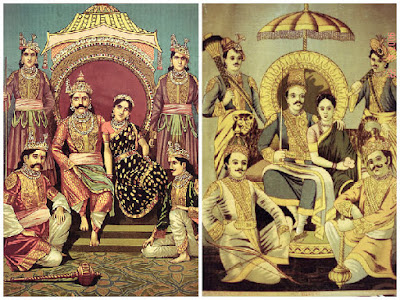Week 6 Story Laboratory: Ted Talk Videos
Ted Talk Videos The first video, the Danger of a Single Story with Chimamanda Ngozi Adichie, really resonated with me. She discusses how only reading American and British books created a world for her where Africans or other types of people did not exist in literature. I think that is a big problem in today’s educational world. We focus on European literature, American literature, and forget that there are authors/playwrights/poets in other countries and other places with other nationalities that are just as accomplished and talented. We lose the ability to expand ourselves and our capacity for understanding. I think that this makes me even more excited about taking this class. The second video talks about the relationship between ourselves and fictional characters. Jennifer Barnes discusses the time we spend on fictional characters and why we do this. Reading is more than visiting a new place, exploring new circumstances, but also about bonding with the characters

